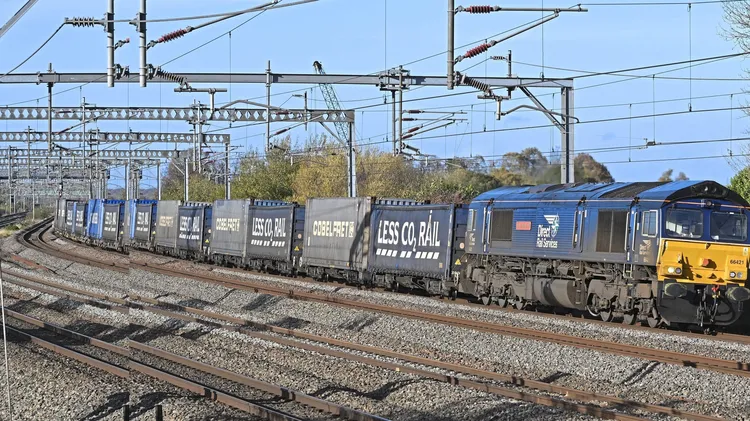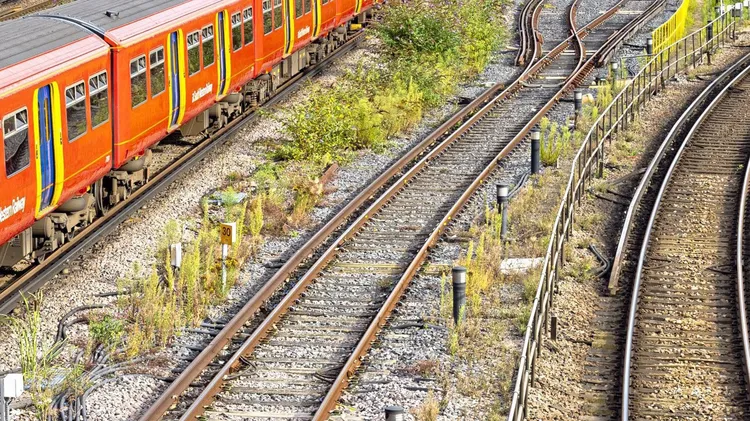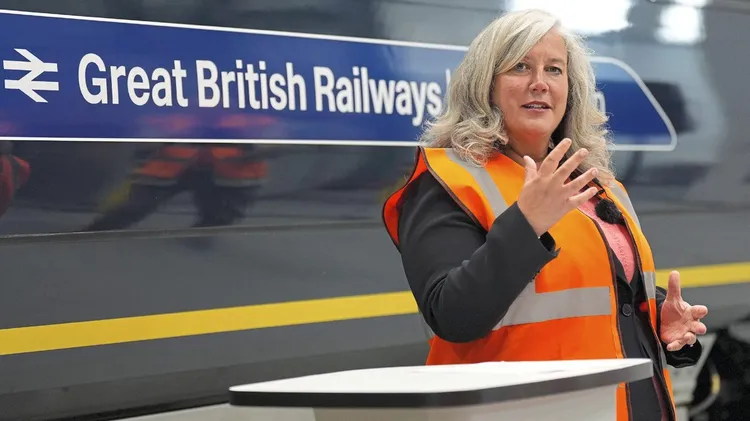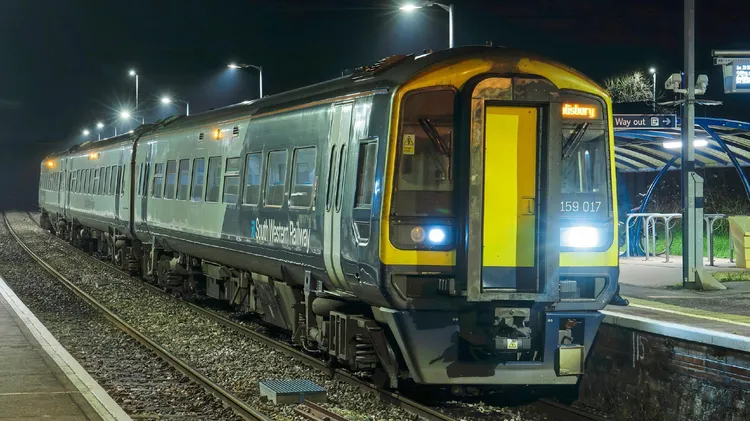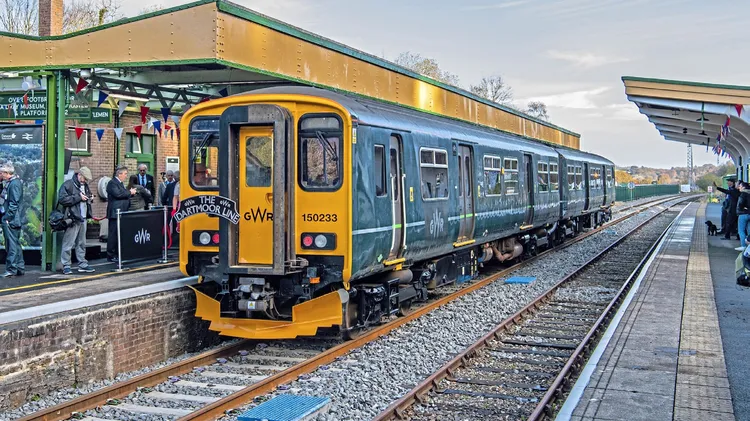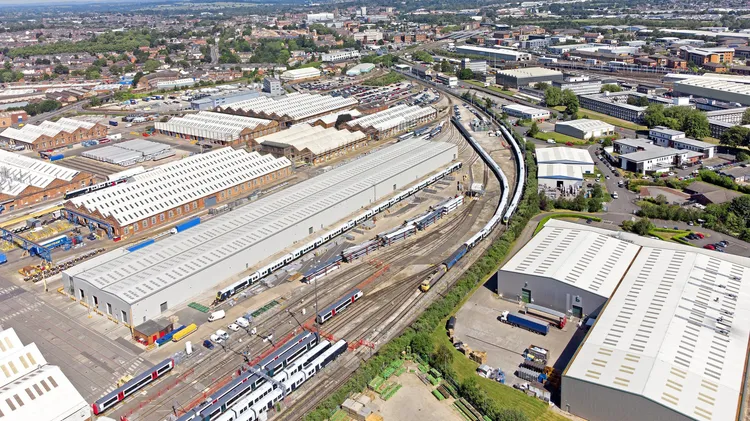If elected, the Labour party will bring the railways back
Labour’s plans to nationalise rail
3 min read
This article is from...
Read this article and 8000+ more magazines and newspapers on Readly

